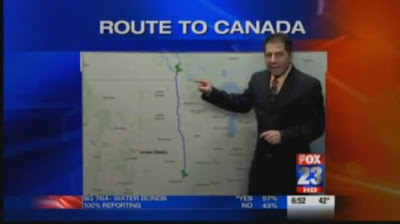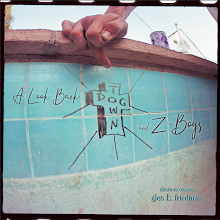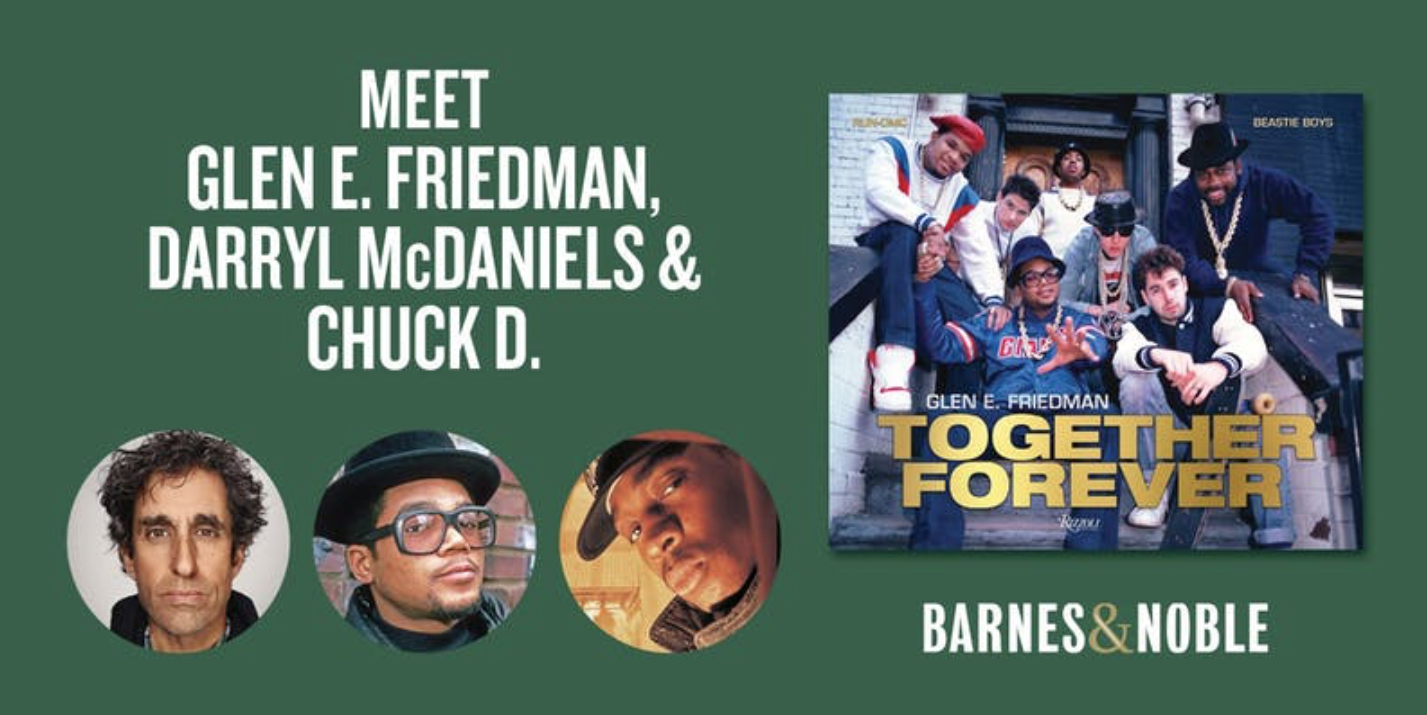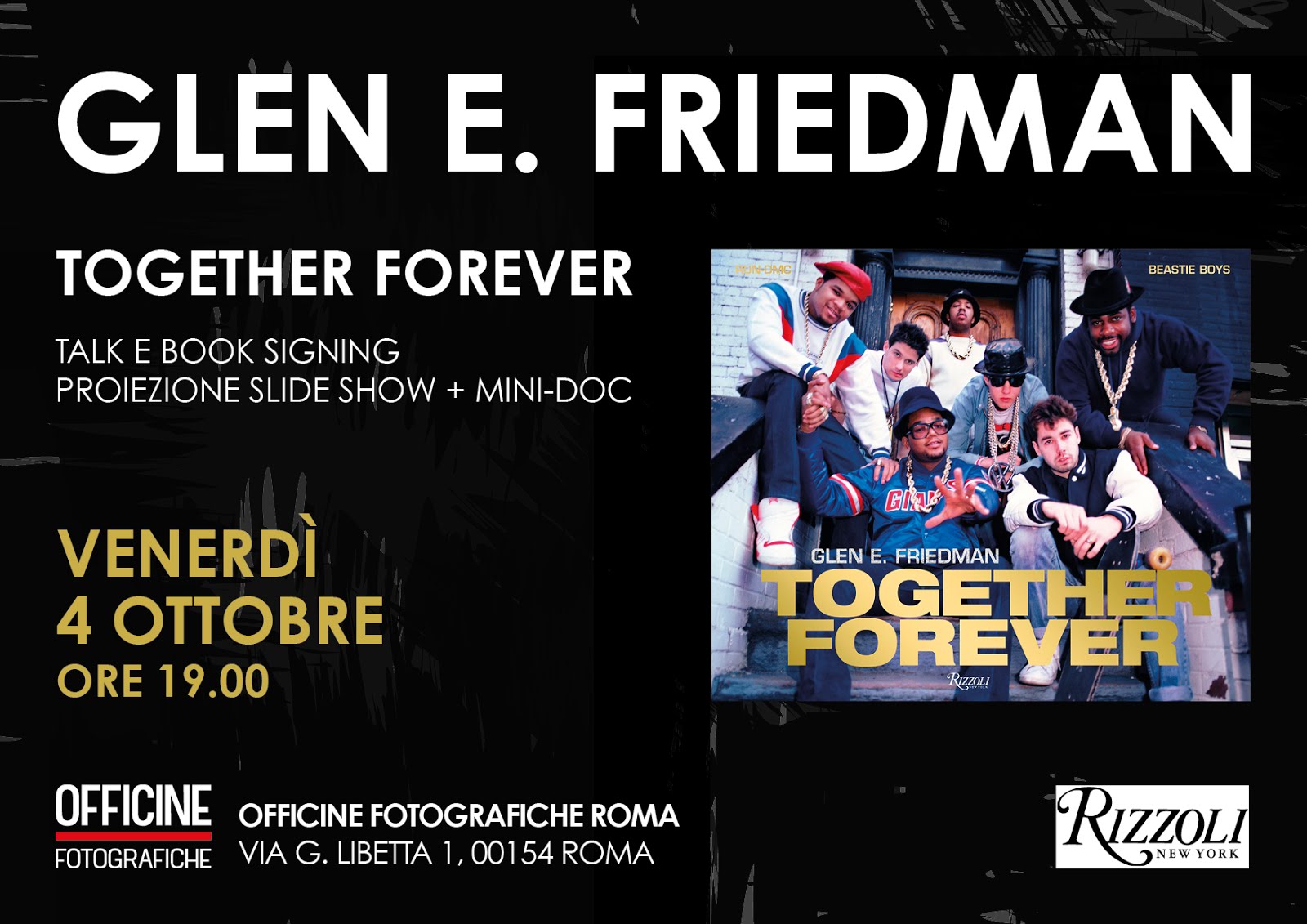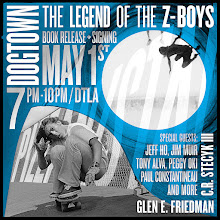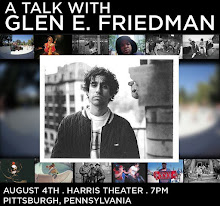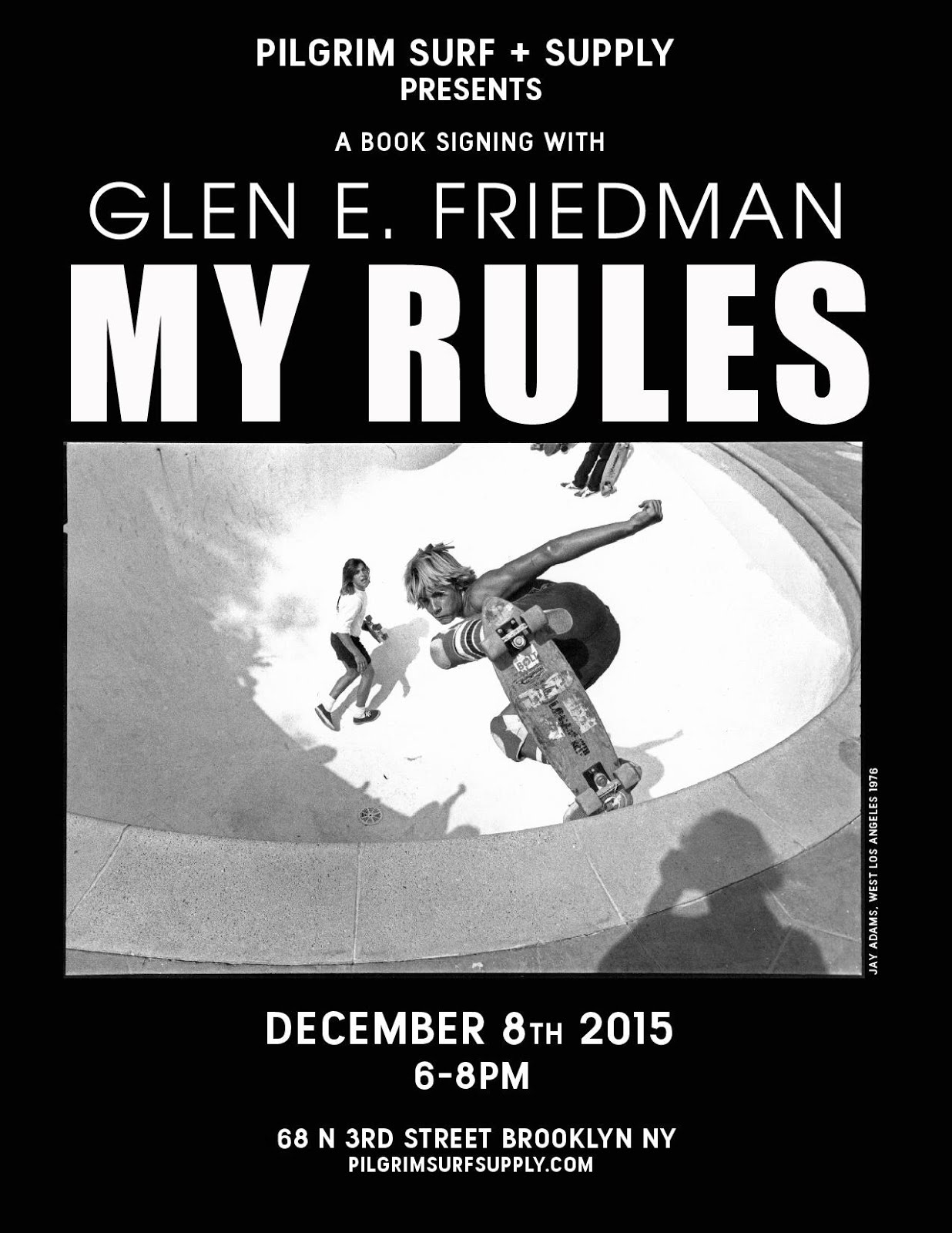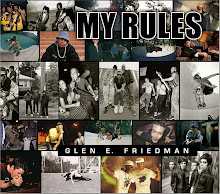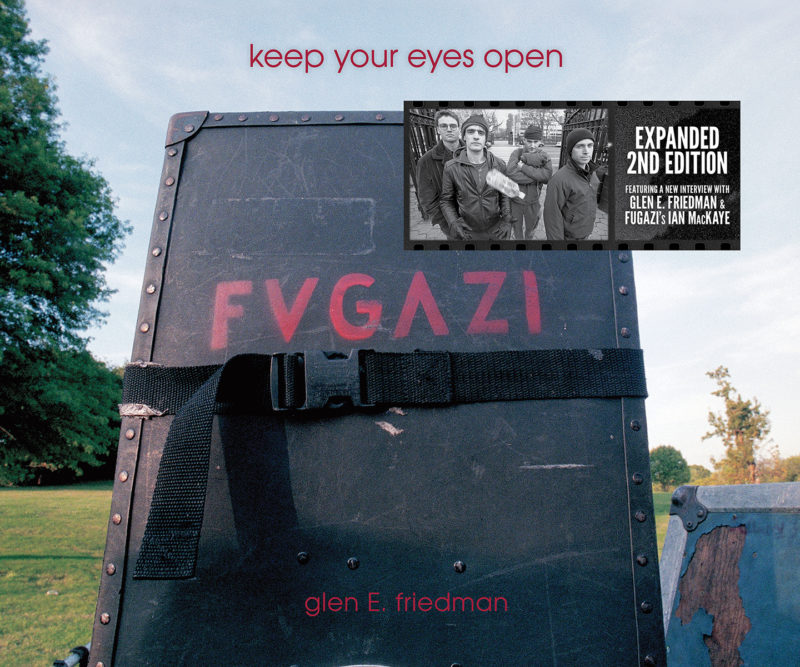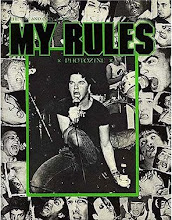Around the same time a devastating hurricane smashed and flooded its way up the East Coast, leaving millions homeless or without power, another storm collided into a professional subculture based in New York City. While the second storm is only metaphoric, the transformation of publishing could have far-reaching consequences not only for those who work on Union Square, but for readers and writers across the English-speaking world.
As with Hurricane Sandy, it will take a little while to discern the long-term consequences of the Penguin and Random House merger, the news of which was somewhat obscured by the storm and the election. But the short-term impact is not pretty — and it follows other recent bad news from the books world. The Free Press, known primarily for smart, contentious nonfiction from Emile Durkheim and Francis Fukuyama but also the publisher of Aravind Adiga’s best-selling Indian novel “The White Tiger,” just collapsed. Several well-regarded editors are now out of jobs as the imprint is merged into Simon & Schuster.
The Penguin and Random House merger would join two of the largest and most successful publishers in English. It’s likely to be completed late next year, and the new company will control more than a quarter of the global book trade. The number of major publishing houses will go from six to five, with credible predictions that it could easily go down to three. (Some in publishing note grimly that the publishers chose to announce this on Monday, Oct. 29, a day when the storm – which saw many editors and agents stranded at friends’ and relatives’ houses, without phone connections or power — would make meaningful news coverage almost impossible.)
The get-big-or-go-home strategy may allow bulked-up publishers to stand up to Amazon, which has become the industry’s Goliath. “The book publishing industry is starting to get smaller in order to get stronger,” the New York Times judged.
Lke a lot of publishing folks, Jonathan Galassi, publisher and president of Farrar, Straus and Giroux, doesn’t know quite how to read all this. But it’s significant: “Publishing is going through a sea change,” he tells Salon. “It’s going to be different when it comes out.” Whatever else is happening, “It feels like a contraction to me.”
The likely CEO of the combined publisher, Markus Dohle, sent a cheery note to agents, authors and booksellers. “For us, separately and in partnership, it is and always will be about the books. Your books,” he wrote. And he told the Times that the merger will not lead to the shuttering of imprints; there was no talk of “redundant” employees. “The idea of this company is to combine the small company culture and the small company feeling on the creative and content side with the richest and most enhanced access to services on the corporate side.”
That, after all, is what they always say.
But the implications are larger. If you work in, say, journalism, or the music business, you’ve seen this kind of thing before: the erosion and then collapse of an industry, often after mergers and acquisitions announced with buzzwords – “synergy”! – or reassurances that new ownership means that nothing significant will change because, after all, we really value the kind of work you people do. Will publishing continue to slide, gradually, or will it fall apart, like newspapers – which have lost approximately a third of their staffs since the recession and seen advertising revenue sink to 1953 levels — and record labels – where annual sales of the top-10 albums have gone from over 60 million to about 20 million in roughly a decade. Members of the creative class have been here, and it hasn’t worked out real well for them.
“It’s really painful,” says Ira Silverberg, a veteran editor (Grove/Atlantic, Serpent’s Tail) and agent (Sterling Lord Literistic) now serving as director of literature for the National Endowment for the Arts. ”I’m sure I’ll have tons of former colleagues looking for work, and they won’t find it. Regardless of what [executives] say, it’s going to be a smaller business.”
* * *
Publishing has seen various kinds of corporate mergers and acquistions going back three or four decades, as independent or family-owned companies have been absorbed by corporate masters. Random House, the largest and perhaps most prestigious American publisher, was bought in 1998 by the German company Bertelsmann. Things have been reasonably quiet since then.
So why is this larger shift happening now?
It’s no secret that the recession and slow-growth economy – and the long-standing flattening of middle-class wages that predates it – has bled nearly all cultural entities and venues. The process can be cumulative: Every time an independent bookstore closes, it makes things a little more difficult for publishers; when a chain, like Borders — which helped put those bookstores out of business — itself tanks, it makes things a lot harder.
But the biggest issue is digital technology – e-books, Amazon, Kindles — which has put downward pressure on author advances, which now stand, by some estimates, at about half of what they were just four years ago. The digital revolution has effectively marginalized traditional publishers, as the center of financial gravity shifts from Manhattan to Silicon Valley and Seattle. “Like record labels, publishers have become arms suppliers in the cold war between technology companies,” Robert Levine writes in his 2011 book “Free Ride,” about the Internet’s damage to the culture business.
These developments all come just a few months after the Department of Justice decision that ruled in favor of Amazon and against five publishers and Apple, whom it accused of colluding to fix prices for e-books. On the surface, this ruling keeps prices lower. But as media watcher David Carr wrote in the New York Times after the April ruling, there’s a high cost paid for the low prices. The DoJ, he argues, went after the wrong monopoly, since Amazon controls somewhere between 60 and 80 percent of the e-book market (and controlled roughly 90 percent in 2010). “That’s the modern equivalent of taking on Standard Oil,” he wrote, “but breaking up Ed’s Gas ’N’ Groceries on Route 19 instead.”
Blocking the publishers from setting prices seems, at first, like a victory for the customer.
“But pull back a few thousand feet,” Carr writes, “and take a broader look at the interests of consumers. From the very beginning and with increasingly regularity, Amazon has used its market power to bully and dictate. It leaned on the Independent Publishers Group in recent months for better terms and when those negotiations didn’t work out, Amazon simply removed the company’s almost 5,000 e-books from its virtual shelves. The Seattle Times just published a series with examples of how Amazon uses its scale not only to keep its prices low, but also to keep its competitors at bay.”
So these signs of publishing contraction, coming so soon after the DoJ judgment, are a bit like the wholesale defeat of anti-corporate candidates arriving right after the Supreme Court’s pro-corporate Citizens United decision.
Some think the Penguin/Random merger is necessary to allow old-line print publishers to stand up to Amazon: If the enormous online retailer, with revenues of about $48 billion last year, has the atom bomb, the other players need to band together and build their own arsenal. Since their previous efforts were judged to be collusion, maybe a merger is the only option left. “Maybe it’s more an alliance than a consolidation,” Galassi says. “They could gain heft in negotiations.”
More tangibly, these publishers racked up significant legal fees fighting a losing battle against the Seattle behemoth; two are still fighting. (Insiders say that Simon & Schuster’s tussle with Amazon contributed to the of loss of Free Press.) In a business with a small profit margin, that money has to come from somewhere. Why not out of the hides of employees?
* * *
But publishing – after all — is just full of a bunch of English majors in overpriced suits taking three martini lunches, right? And in a day in which self-publishing is the rage — and the rhetorical war on gatekeepers, experts and other supposed “elitists” increases — what, really, does a publisher do?
“I firmly believe in the role of the gatekeeper,” says Silverberg, who adds that we’re in a cultural and technological shift that leaves us with several things happening at once. “Readers are picking up self-published work and saying, ‘That’s it!’ Editors are going through a pile of manuscripts sent by agents and saying, ‘That’s it!’ There’s a simultaneity.”
Generally, publishers do three things. They serve as banks for writers – offering advances in exchange for the promise of a copyrighted creative work. They aggregate services – offering editing, printing and distribution, book design, marketing and publicity, and so on, all at once. And they mitigate risk.
Of these things, says “Free Ride” author Levine, a former Billboard executive editor now living in Berlin, the most important is spreading risk. “For all the talk about new models, nobody has found a way to identify winners and losers,” he says. “You have to do a mix – you place a number of bets.”
And as with albums, most books lose money. The hits – especially the mega-sellers like the Harry Potter books or “Fifty Shades of Grey” – pay for a lot of others, if the author advances were not too enormous. (Skeptics wonder whether Random House’s $3.5 million advance for “Girls” creator Lena Dunham’s memoir will even pay for itself, and muse about how that money could have been spread among, say, 10 or 20 writers.) “The only thing you make a lot of money with is a surprise hit,” Levine says. “And there are not that many surprises.”
If you put your book in the hands of a traditional publisher, you keep only a small portion of what the book makes. But if it loses money, which is likely, it’s not your mortgage or grocery bill that goes up in smoke – the publisher eats it, and tries again with another book, by you or somebody else. And if they get the math right, they end up making a small profit overall. (The odds on any given book making money are not good; the traditional publishing wisdom is that seven out of 10 lose money.)
Publishers are not unique in this – the culture business in general is built around the probability of failure. “’The Avengers’ didn’t have to make enough money to be profitable; it had to pay for the money Disney lost on ‘John Carter’,” Levine says. “‘Game of Thrones’ has to make back the money HBO lost on ‘John From Cincinnati.’ ” (Digital pirates, unlike producers, don’t have to take these risks – they only duplicate and rip off the popular stuff.)
On the creative side, perhaps the most important thing a publisher does is edit a book. And whatever the trouble with publishers, there are plenty of well-regarded editors left at the major houses. Galassi at FSG, Gerald Howard at Doubleday Books, Alice Mayhew at Simon and Schuster, Bob Weil at Norton, and Ann Godoff at Penguin (who was fired when Bertelsmann swallowed Random House in ‘98 and could now go before a firing squad of bean counters again) all have at least cult followings among those who know the business.
The editor, Silverberg says, is the irreplaceable part of the traditional publishing equation. He mentions in particular Galassi’s editing of Denis Johnson, Jonathan Franzen and Michael Cunningham over the years. “They work with the writer to make the best possible book. We can’t afford to lose editors. Editor as arbiter, editor as teacher, editor as collaborator. It’s hard to sit in that room by yourself. Writers lose perspective; editors can bring perspective.”
One of the key roles of an editor, Galassi himself says, is to find little-known writers whose work deserves to be put between covers, and moved from obscurity writing short stories or articles into a cultural conversation. “Do writers want to spend their time marketing themselves, or writing their books? There’s no dearth of need for publishers.”
One publishing veteran who asked not to be named says the official voices will announce how essential editors are. “They’ll all proclaim, ‘The editors are the jewels in the crown …’ “ The stronger they insist on it, the faster the editors’ execution will come.
* * *
This could all lead to a silver lining for some parties: Lean, mean presses with focused missions – Graywolf, Seven Stories, Milkweed, New Directions – could do OK as publishing shrinks and six majors becomes three. “Poetry, translation, literary,” Silverberg says of the kind of boutique presses that could thrive. “They know their audiences better than they ever have.”
As wonderful as these presses are, they tend to give very small or nonexistent advances. Much of their funds come from philanthropy, the NEA and state or local arts agencies, and that money rises or falls with political leadership, tax codes and other variables.
And while self-publishing has brought some good work out along with a lot of bad, there is little to no money at the front end. (We tend to hear about the rare exception of runaway success, not the hundreds of thousands of self-published books per year that go nowhere or lose their authors money.) For the independently wealthy, those who married well, or businessmen writing valiantly on the secrets of their success, these are real options. As with much of the Internet-driven transformation of the creative class, authors hoping to make a middle-class living with a modest advance will increasingly be out of luck.
One thing that could have made this story end differently is if the United States had a significant cultural policy. We have a trade policy – we protect industries we value – and we have an anti-trust policy designed to protect consumers. We have arts and humanities endowments that assist institutions. But our cultural policy is mostly to let culture fend for itself in the open market. It works great, but sometimes it doesn’t.
Many counties in Europe have cultural policies, Levine points out. Germany has a thriving book business – with many independent bookstores and a rich mix of publishers – because the government forbids price discounts in most cases.
“If you’re a minister of culture,” Levine says, “it’s your job to further culture. It’s seen as something government should do. If you left it all to the market, almost no one would write anything in Swedish … because it’s such a small market.”
In the U.S., though, we’re accustomed to our culture – Hollywood movies, for instance – dominating, and our language serving as the world’s lingua franca: We never had to find a way to assist and preserve our culture on the world stage the way smaller nations did. (European nations developed various kinds of protections for their musical and arts “heritage” as American pop culture conquered the world in the postwar years.) So now we find ourselves with four of our six big publishers owned by European corporations. (One of the two “American” companies is essentially owned by a rogue Australian.) And with a deal between a German corporation (Bertelsmann) and a British one (Pearson, which owns Penguin) potentially rewriting American publishing.
State-steered culture probably goes against the American spirit, especially in these days of market fundamentalism. “I think we’re beyond cultural policy at this point,” the NEA’s Silverberg says, “because capitalism trumped it. There’s not even a battle to be fought there.”
Some suspect that publishers will instead find a way to make the digital revolution work for them. “I find it strange that more publishers have not decided to sell e-books directly to their readers,” says a longtime editor who asked to remain anonymous. “The publishing industry is so locked into its past, into the way it’s worked for a century and a half. It’s not in their DNA to sell directly. But some nervy publisher is going to take this up in the not-so-distant future.”
A shrunken publishing world could dampen the auctions that drive mid-list authors’ advances from the basement to reasonable levels. Those same limits, optimists hope, could also hold down unreasonable excesses, like the multimillion-dollar advances for celebrity memoirs, which are taking up more and more space in the field.
But at this point, publishing folk just don’t know. They’re jolted – even the ones whose apartments aren’t flooded. In a year or so, many of them may be bartending or getting real estate licenses or moving back in with their parents like other downsized members of the creative class. (Note to publishing’s rank and file: Pick up Louis Uchitelle’s “The Disposable American,” and try to get the phrase “to pursue other interests” taken out of your official farewell letter.) Or maybe the creative destruction will be minimal for now.
“It’s such early days,” says Silverberg. “It’s five or 10 years until we’ll know what the industry is going to be.”





